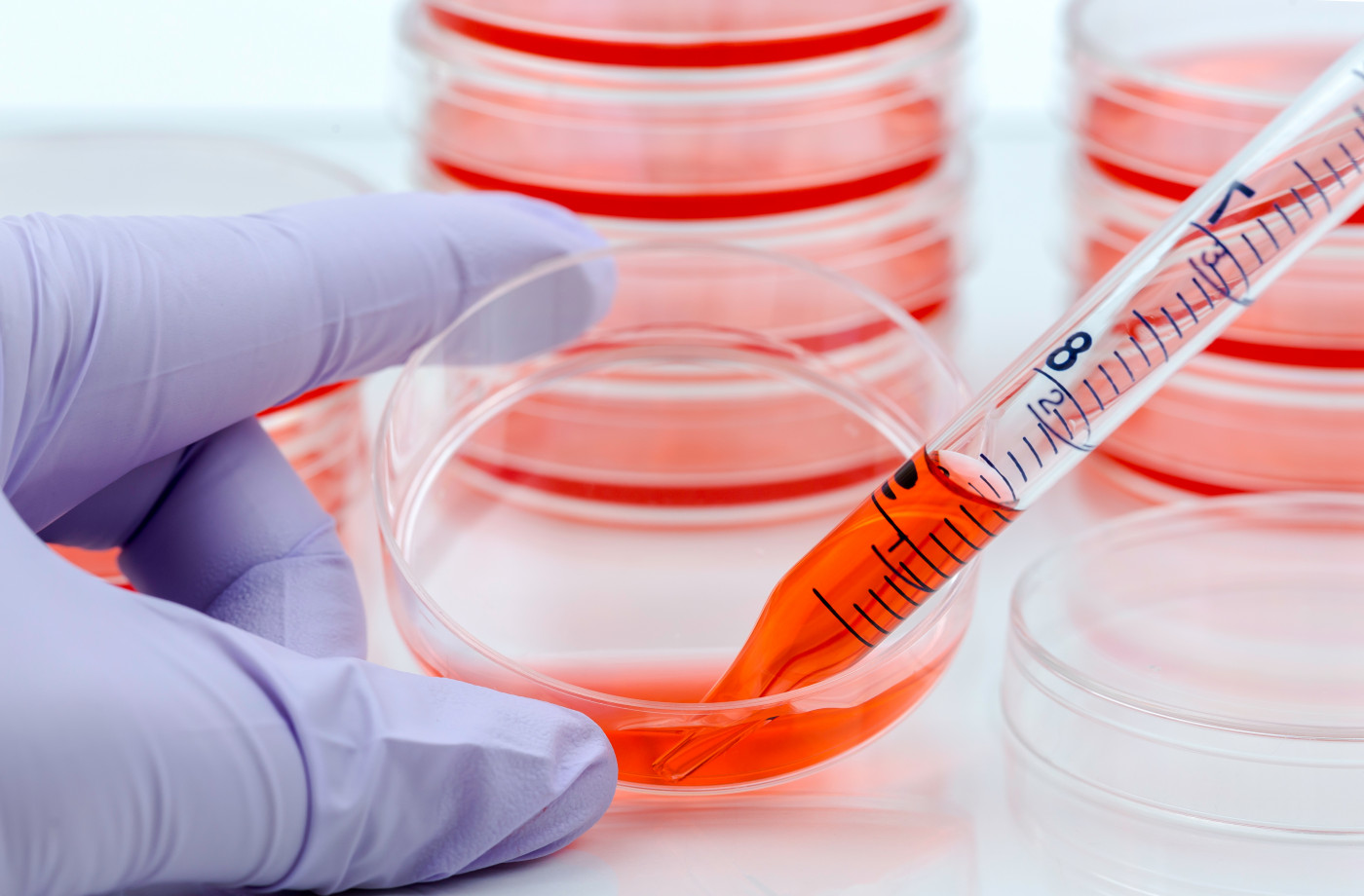Antibody Able to Block Protein That Promotes PAH and May Bolster Existing Therapies, Study Finds
Written by |

An antibody that recognizes and blocks the activity of osteoprotegerin, a protein involved in the development of pulmonary arterial hypertension (PAH), was able to stop and even reverse disease progression in animal and cell models of PAH, a study reports.
The study, “A therapeutic antibody targeting osteoprotegerin attenuates severe experimental pulmonary arterial hypertension,” was published in the journal Nature Communications.
PAH is a rare, life-threatening disorder caused by a narrowing of the arteries in the lungs, leading to high blood pressure. This process involves the remodeling of major blood vessels in the lungs, which is driven by the excessive growth of different cell types, including smooth muscle cells, endothelial cells (that make up the lining of blood vessels), and fibroblasts (connective tissue cells).
Osteoprotegerin (OPG) is a protein that regulates bone density, and has been recently implicated in the development of PAH due to its ability to stimulate the growth and migration of smooth muscle cells found in the major blood vessels of the lungs.
Scientists at the University of Sheffield, in collaboration with investigators from Kymab, a Cambridge biopharmaceutical company working on antibody-based therapies, discovered that blocking the activity of OPG with an antibody was enough to halt PAH progression mice and cell models of this disease.
The newly identified anti-OPG antibody also seemed to reverse some features of disease progression, including the excessive growth of smooth muscle cells that is known to contribute to the thickening of lung arteries in PAH patients.
“Current treatments for PAH ease the symptoms by relaxing and dilating the affected blood vessels, which can help extend the life expectancy for those living with PAH, but they do not stop the underlying drivers of the disease,” Allan Lawrie, professor of Translational Cardiopulmonary Science at the University of Sheffield, said in a press release.
In their experiments, the team showed that OPG levels were abnormally high in mouse and rat models of PAH. Animals that had been genetically modified to be unable to produce OPG, in contrast, showed almost no signs of the disease.
When investigators treated sick animals with a human anti-OPG antibody (the Ky3 antibody), they found that treatment was enough not only to stop, but also to reverse disease progression in the animals.
They also tested the effects of combining Ky3 with approved PAH therapies, namely sildenafil (sold as Revatio) or bosentan (sold as Tracleer). Results found that both combinations led to a greater reduction in blood vessel remodeling than that seen when sildenafil and bosentan were administered alone.
“The great benefit of this research is the potential for this new drug to be used in conjunction with current treatments, to ease symptoms and further halt or reverse the progression of the disease,” Lawrie said.
Additional experiments in cell models of this disease showed that OPG triggered the growth and migration of smooth muscle cells by interacting with a receptor called Fas on their surface. Moreover, the team showed that all these effects could be blocked by treating cells with the same Ky3 antibody they previously used in animal models of PAH.
“We provide a strong body of evidence with concordant data that OPG is a key driver in the pulmonary vascular remodeling in PAH, thereby validating it as a therapeutic target,” the researchers wrote.
“It seems likely that Ky3 might be useful as an adjunct [add-on] therapy alongside existing treatments that target vasoconstriction [blood vessel narrowing], and we are currently exploring the potential for translation of this human therapeutic anti-OPG antibody to clinical studies in PAH,” they concluded.



